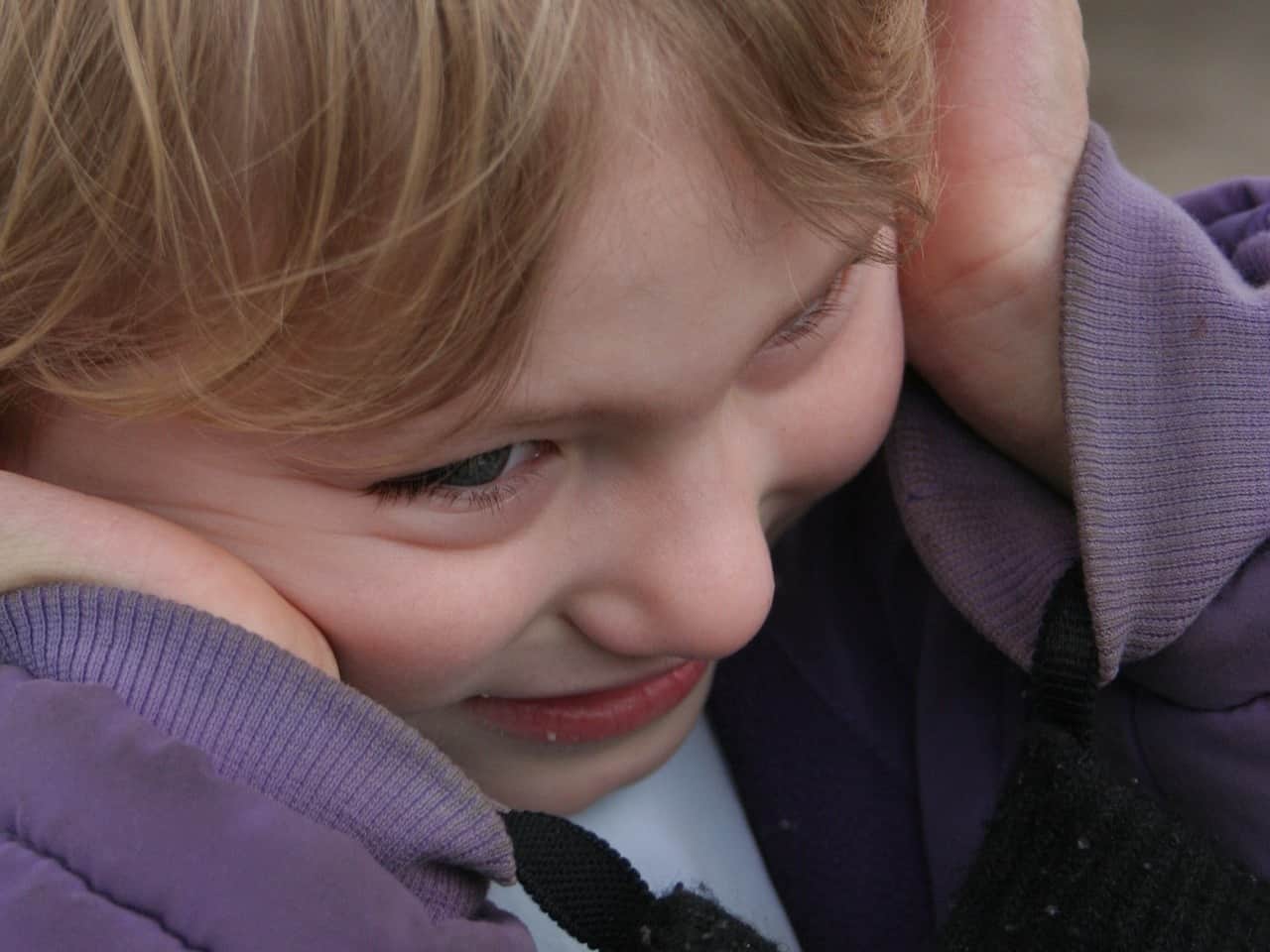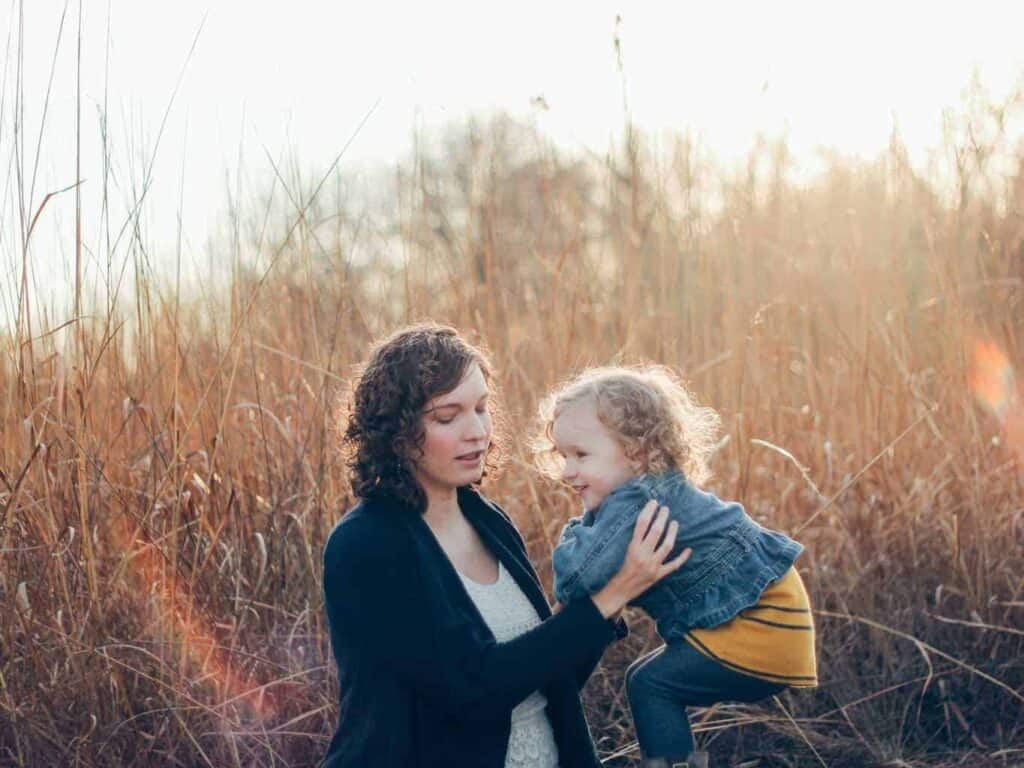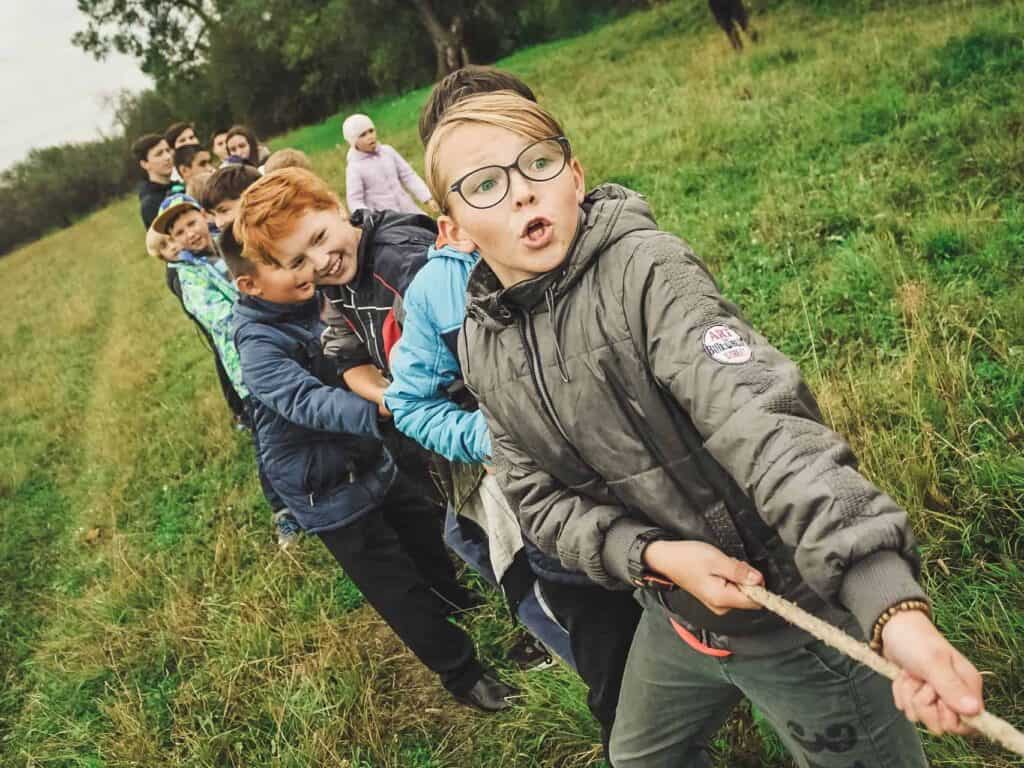Children, even beloved grandchildren will sometimes misbehave. For grandparents, who are likely to find the antics of their grandchildren adorable rather than naughty, it can be difficult to enforce disciplinary measures.
Allowing a bit of bad behaviour may be permissible if grandparents are infrequent visitors, but if the grandchildren spend a good deal of time with their grandparents, they must be expected to behave in a reasonable manner.
Differences of Opinion
While it is often the grandparents who feel that their grandchildren’s behaviour is acceptable and mum and dad who are a little more stringent about the rules, sometimes the situation is reversed.
Modern children are often afforded a bit more leeway in matters of behaviour than children were a generation ago, so sometimes behaviour that parents find appropriate may be seen as disrespectful by grandparents.
Overall, parents have the right to make all decisions regarding the care and welfare of their children and this includes deciding what is and what is not permissible in matters of behaviour.
If parents and grandparents are present with the children, the parents should be the ones to guide and correct their children’s behaviour.
When grandparents are left in charge to babysit while the children’s parents are at work or out for the evening, grandparents must try to follow the guidelines that the parents have given regarding house rules and discipline.
Respectful Discipline
No matter the specific infraction, children should always be reprimanded in a firm but loving way. Yelling, hitting, or name calling is never acceptable in disciplining a child and engaging in these behaviours accomplishes nothing in teaching the child how to behave properly.
Discipline is defined as “training to ensure proper behaviour: the practice or methods of teaching and enforcing acceptable patterns of behaviour” by the Encarta ® World English Dictionary.
Many people think of discipline as punishment for misdeeds, but in reality, discipline is more about training and guiding children rather than merely punishing them when they misbehave.
Grandparents can help their grandchildren to be well behaved and respectful by giving them a living example to emulate. Children learn a great deal more by observing the people around them than they do by listening to lectures.
Kids who are surrounded by helpful and cooperative adults are likely to behave in a similar manner.
Reasonable Adults
Parents and grandparents have a responsibility to children to show them what is expected of them in terms of behaviour.
If there are varying views about what constitutes acceptable behaviour, grandparents should approach the children’s parents with their concerns when the children aren’t present to avoid the appearance of trying to undermine the parents’ authority with the grandchildren.
In all likelihood, the parents and grandparents are hoping for the same outcome — well behaved, respectful children and a happy family environment, but they may employ different methods of achieving their goals.
The last word must be given to the parents of the children since the ultimate responsibility for their care lies with them, but they may allow some input from grandparents.
In cases where the grandparents strongly feel that their grandchildren are allowed to treat people disrespectfully and the children’s parents do not want the children’s behaviour to be modified, grandparents must decide for themselves whether or not they want to spend a great deal of time with the kids.
While it may be sad to limit the time that they share with their grandchildren, some grandparents find this to be their only solution.


